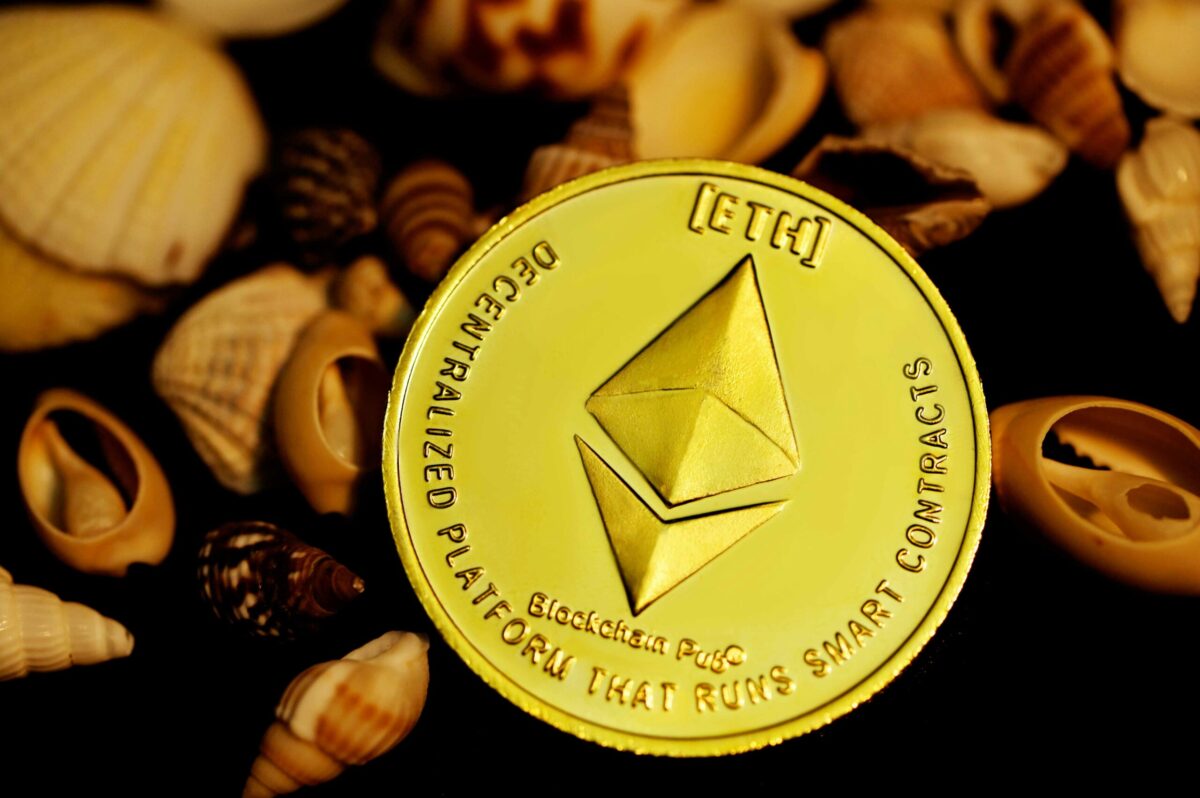Polygon Labs, one of the leading Ethereum scaling platforms, has introduced a grant program for developers to build applications in its ecosystem.
It is offering a total of 110 million of its native token, $MATIC, to projects in the space of decentralised finance (DeFi), gaming, social media and more. This amounted to be worth around $85million at the time of press.
The grant was announced in an email sent by the company on Thursday. It comes as an initiative of ‘Polygon Village’, which seeks to fuel the evolution of Web3 startups by offering founders the support and resources they need to thrive. They work with startups at all stages, providing grants, mentorship, strategic support, vouchers, co-working spaces and more.
The latest blog post said: “Polygon Village is reimagined with the direct input and feedback of developers, becoming a home for founders of all levels to start building, learn, connect, get funded, get mentored, scale, and grow exponentially.”
The announcement also revealed instituting direct grants of up to two million $MATIC (around $1.55m) to later stage projects. Early stage projects have been given the option to apply for the quadratic funding grants, whereby community members make donations that act as votes on where they are allocated.
The official website explained the same as follows: “In simple terms, the amount received by the project is the amount donated. An additional amount is matched by the grant pool, which is calculated using the quadratic funding formula. Voting will happen on the Polygon network, and $MATIC will be used as the native currency to support the projects, which will be matched from a grant pool of $50k.”
Polygon Village has also allowed devs to browse and apply for vouchers to receive material discounts on fees for a myriad of different services and benefits, offered by some of Polygon ecosystem’s top solution providers. Some of these categories include security and smart contract audits, storage solutions, compute solutions; Web3 infra like oracles, APIs, RPCs and tooling for DeFi, NFT, DAOs, and more.
They can also connect with top-tier mentors from across Web3 like tech experts, VCs, other founders, BD and marketing strategists, leaders at Polygon Labs, community champions, and so on. The blog post also talked about Village Builder Houses that provide in-real-life spaces for in-depth guidance, resources, networking, and exposure. These are currently in New York and Lisbon.
The Polygon blockchain is known for being an efficient L2 scaling solution or sidechain, providing faster transactions and lower costs for users. It runs as a parallel blockchain alongside the main Ethereum blockchain and is said to be more scalable and efficient as it reduces traffic and congestion.
Recently, Polygon Labs co-founder, Sandeep Nailwal, had proposed that the ApeCoin DAO should utilise Polygon’s Chain Development Kit (CDK) to create, deploy, and sustain its own network.
In doing so, he introduced ‘ApeChain’, a network that would be a zero-knowledge based Ethereum L2. This venture would come with an annual price tag of around $200,000 to Polygon ($MATIC) for hosting the network, and a proposed $3.35m for a development fund.


